"Congressman John Lewis has been a resounding moral voice in the quest for equality for more than 50 years, and I'm so pleased that he is sharing his memories of the Civil Rights Movement with America's young leaders. In March, he brings a whole new generation with him across the Edmund Pettus Bridge, from a past of clenched fists into a future of outstretched hands."
- President Bill Clinton
Congressman John Lewis (GA-5) is an American icon, one of the key figures of the civil rights movement. His commitment to justice and nonviolence has taken him from an Alabama sharecropper's farm to the halls of Congress, from a segregated schoolroom to the 1963 March on Washington, and from receiving beatings from state troopers to receiving the Medal of Freedom from the first African-American president. Now, to share his remarkable story with new generations, Lewis presents March, a graphic novel trilogy, in collaboration with co-writer Andrew Aydin and New York Times best-selling artist Nate Powell (winner of the Eisner Award and LA Times Book Prize finalist for Swallow Me Whole).
March is a vivid first-hand account of John Lewis' lifelong struggle for civil and human rights, meditating in the modern age on the distance traveled since the days of Jim Crow and segregation. Rooted in Lewis' personal story, it also reflects on the highs and lows of the broader civil rights movement. Book One spans John Lewis' youth in rural Alabama, his life-changing meeting with Martin Luther King, Jr., the birth of the Nashville Student Movement, and their battle to tear down segregation through nonviolent lunch counter sit-ins, building to a stunning climax on the steps of City Hall. Many years ago, John Lewis and other student activists drew inspiration from the 1958 comic book "Martin Luther King and the Montgomery Story." Now, his own comics bring those days to life for a new audience, testifying to a movement whose echoes will be heard for generations.
Nikki Giovanni's poetry has spurred movements and inspired songs, turned hearts and informed generations. She's been hailed as a healer and as a national treasure. But Giovanni's heart resides in the everyday, where family and lovers gather, friends commune, and those no longer with us are remembered. And at every gathering there is food--food as sustenance, food as aphrodisiac, food as memory. A pot of beans is flavored with her mother's sighs--this sigh part cardamom, that one the essence of clove; a lover requests a banquet as an affirmation of ongoing passion; homage is paid to the most time-honored appetizer: soup.
With Chasing Utopia, Giovanni demands that the prosaic--flowers, birdsong, win-ter--be seen as poetic, and reaffirms once again why she is as energetic, "remarkable" (Gwendolyn Brooks), "wonderful" (Marian Wright Edelman),"outspoken, prolific, energetic" (New York Times), and relevant as ever.
Too many of us feel trapped in stagnant romantic, family, or workplace relationships. Weighed down by toxic thoughts and emotions, we might be quick to judge and slow to pardon, and self-righteous about our feelings as we dwell on memories of what we or others did (or failed to do). In this new book and CD, Iyanla Vanzant challenges us to liberate ourselves from the wounds of the past and to embrace the new power of forgiveness. With Iyanla's 21-Day Forgiveness Plan, you'll explore relationship dynamics with your parents, children, friends, partners, co-workers, bosses, yourself, and even God. With journaling work and Emotional Freedom Techniques (also known as "tapping"), you'll learn to live with more love; gain new clarity on your life, lessons, and blessings; and discover a new level of personal freedom, peace, and well-being. Forgiveness doesn't mean agreeing with, condoning, or even liking what has happened. Forgiveness means letting go and knowing that--regardless of how challenging, frightening, or difficult an experience may seem--everything is just as it needs to be in order for you to grow and learn. When you focus on how things "should" be, you deny the presence and power of love. Accept the events of the past, while being willing to change your perspective on them. As Iyanla says, "Only forgiveness can liberate minds and hearts once held captive by anger, bitterness, resentment, and fear. Forgiveness is a true path to freedom that can renew faith, build trust, and nourish the soul."
- President Bill Clinton
Congressman John Lewis (GA-5) is an American icon, one of the key figures of the civil rights movement. His commitment to justice and nonviolence has taken him from an Alabama sharecropper's farm to the halls of Congress, from a segregated schoolroom to the 1963 March on Washington, and from receiving beatings from state troopers to receiving the Medal of Freedom from the first African-American president. Now, to share his remarkable story with new generations, Lewis presents March, a graphic novel trilogy, in collaboration with co-writer Andrew Aydin and New York Times best-selling artist Nate Powell (winner of the Eisner Award and LA Times Book Prize finalist for Swallow Me Whole).
March is a vivid first-hand account of John Lewis' lifelong struggle for civil and human rights, meditating in the modern age on the distance traveled since the days of Jim Crow and segregation. Rooted in Lewis' personal story, it also reflects on the highs and lows of the broader civil rights movement. Book One spans John Lewis' youth in rural Alabama, his life-changing meeting with Martin Luther King, Jr., the birth of the Nashville Student Movement, and their battle to tear down segregation through nonviolent lunch counter sit-ins, building to a stunning climax on the steps of City Hall. Many years ago, John Lewis and other student activists drew inspiration from the 1958 comic book "Martin Luther King and the Montgomery Story." Now, his own comics bring those days to life for a new audience, testifying to a movement whose echoes will be heard for generations.
Nikki Giovanni's poetry has spurred movements and inspired songs, turned hearts and informed generations. She's been hailed as a healer and as a national treasure. But Giovanni's heart resides in the everyday, where family and lovers gather, friends commune, and those no longer with us are remembered. And at every gathering there is food--food as sustenance, food as aphrodisiac, food as memory. A pot of beans is flavored with her mother's sighs--this sigh part cardamom, that one the essence of clove; a lover requests a banquet as an affirmation of ongoing passion; homage is paid to the most time-honored appetizer: soup.
With Chasing Utopia, Giovanni demands that the prosaic--flowers, birdsong, win-ter--be seen as poetic, and reaffirms once again why she is as energetic, "remarkable" (Gwendolyn Brooks), "wonderful" (Marian Wright Edelman),"outspoken, prolific, energetic" (New York Times), and relevant as ever.
Too many of us feel trapped in stagnant romantic, family, or workplace relationships. Weighed down by toxic thoughts and emotions, we might be quick to judge and slow to pardon, and self-righteous about our feelings as we dwell on memories of what we or others did (or failed to do). In this new book and CD, Iyanla Vanzant challenges us to liberate ourselves from the wounds of the past and to embrace the new power of forgiveness. With Iyanla's 21-Day Forgiveness Plan, you'll explore relationship dynamics with your parents, children, friends, partners, co-workers, bosses, yourself, and even God. With journaling work and Emotional Freedom Techniques (also known as "tapping"), you'll learn to live with more love; gain new clarity on your life, lessons, and blessings; and discover a new level of personal freedom, peace, and well-being. Forgiveness doesn't mean agreeing with, condoning, or even liking what has happened. Forgiveness means letting go and knowing that--regardless of how challenging, frightening, or difficult an experience may seem--everything is just as it needs to be in order for you to grow and learn. When you focus on how things "should" be, you deny the presence and power of love. Accept the events of the past, while being willing to change your perspective on them. As Iyanla says, "Only forgiveness can liberate minds and hearts once held captive by anger, bitterness, resentment, and fear. Forgiveness is a true path to freedom that can renew faith, build trust, and nourish the soul."
When acclaimed Washington Post writer Wil Haygood had an early hunch that Obama would win the 2008 election, he thought he’d highlight the singular moment by exploring the life of someone who had come of age when segregation was so widespread, so embedded in the culture as to make the very thought of a black president inconceivable. He struck gold when he tracked down Eugene Allen, a butler who had served no fewer than eight presidents, from Harry Truman to Ronald Reagan. During his thirty-four years of service, Allen became what the Independent described as a “discreet stagehand who for three decades helped keep the show running in the most important political theatre of all.”
While serving tea and supervising buffets, Allen was also a witness to history as decisions about America’s most momentous events were being made. Here he is at the White House while Kennedy contemplates the Cuban missile crisis; here he is again when Kennedy’s widow returns from that fateful day in Dallas. Here he is when Johnson and his cabinet debate Vietnam, and here he is again when Ronald Reagan is finally forced to get tough on apartheid. Perhaps hitting closest to home was the civil rights legislation that was developed, often with passions flaring, right in front of his eyes even as his own community of neighbors, friends, and family were contending with Jim Crow America.
With a foreword by the Academy Award– nominated director Lee Daniels, The Butler also includes an essay, in the vein of James Baldwin’s jewel The Devil Finds Work, that explores the history of black images on celluloid and in Hollywood, and fifty-seven pictures of Eugene Allen, his family, the presidents he served, and the remarkable cast of the movie.
While serving tea and supervising buffets, Allen was also a witness to history as decisions about America’s most momentous events were being made. Here he is at the White House while Kennedy contemplates the Cuban missile crisis; here he is again when Kennedy’s widow returns from that fateful day in Dallas. Here he is when Johnson and his cabinet debate Vietnam, and here he is again when Ronald Reagan is finally forced to get tough on apartheid. Perhaps hitting closest to home was the civil rights legislation that was developed, often with passions flaring, right in front of his eyes even as his own community of neighbors, friends, and family were contending with Jim Crow America.
With a foreword by the Academy Award– nominated director Lee Daniels, The Butler also includes an essay, in the vein of James Baldwin’s jewel The Devil Finds Work, that explores the history of black images on celluloid and in Hollywood, and fifty-seven pictures of Eugene Allen, his family, the presidents he served, and the remarkable cast of the movie.
In Little Green, Walter Mosley’s acclaimed detective Easy Rawlins returns from the brink of death to investigate the dark side of that haven for Los Angeles hippies, the Sunset Strip. He’s soon back in top form, cruising the gloriously psychedelic mean streets of L.A. with his murderous sidekick, Mouse. They’ve been hired to look for a young black man, Evander “Little Green” Noon, who disappeared during an acid trip.
Fueled by an elixir called Gator’s Blood, Easy experiences a physical, spiritual, and
emotional resurrection, but peace and love soon give way to murder and mayhem.
Fueled by an elixir called Gator’s Blood, Easy experiences a physical, spiritual, and
emotional resurrection, but peace and love soon give way to murder and mayhem.
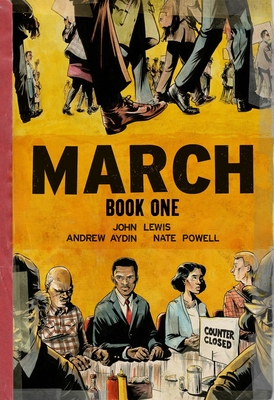
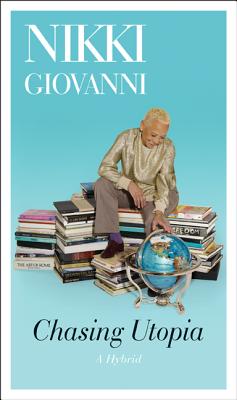
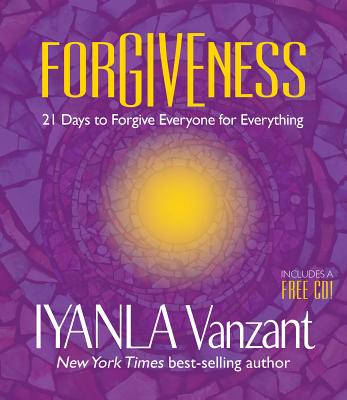
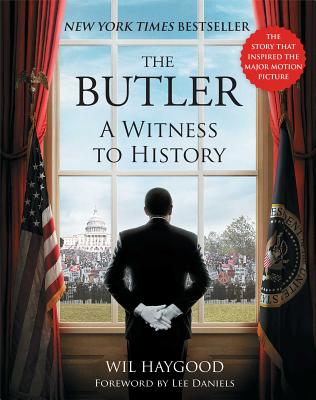
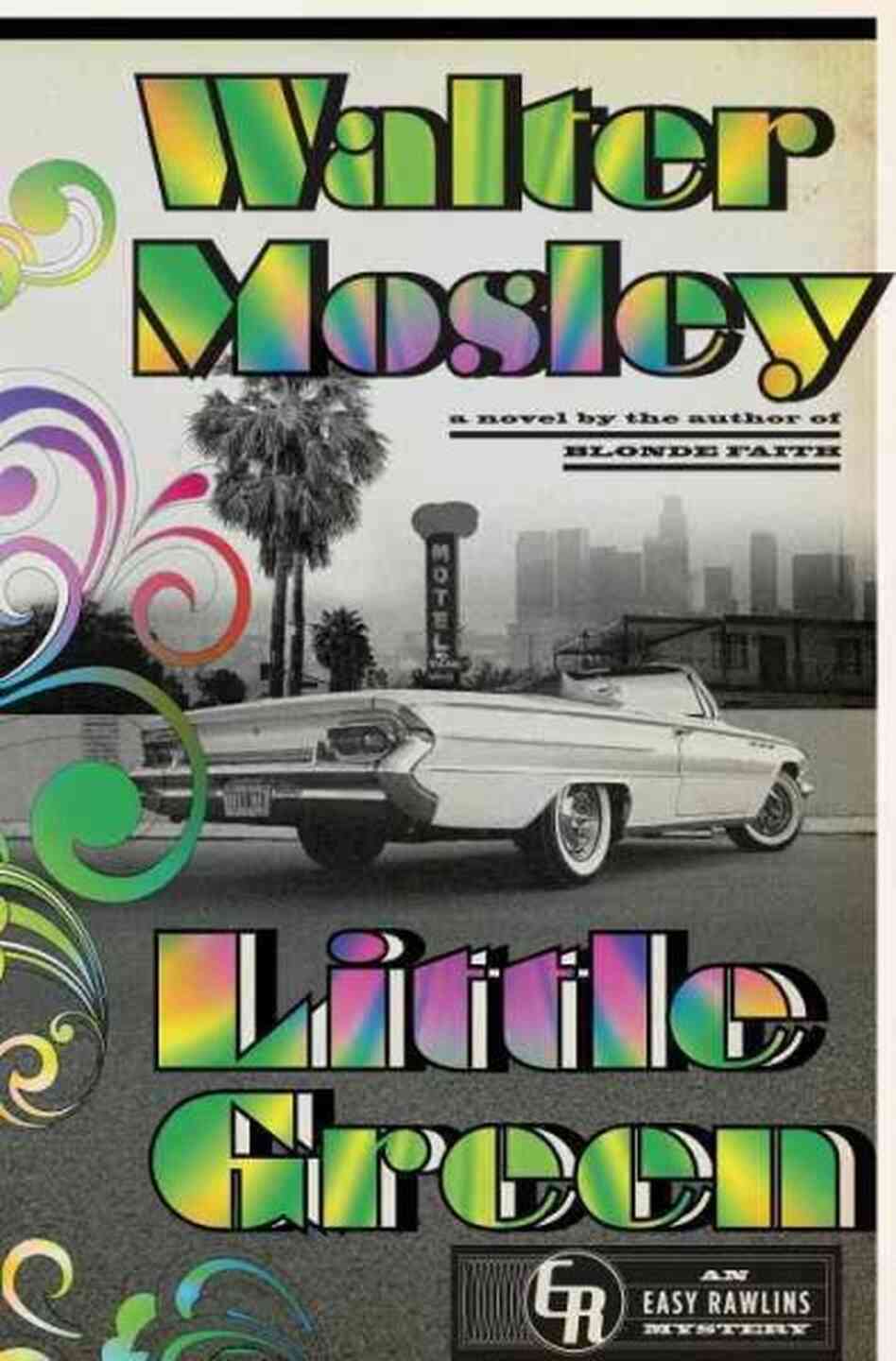
No comments:
Post a Comment